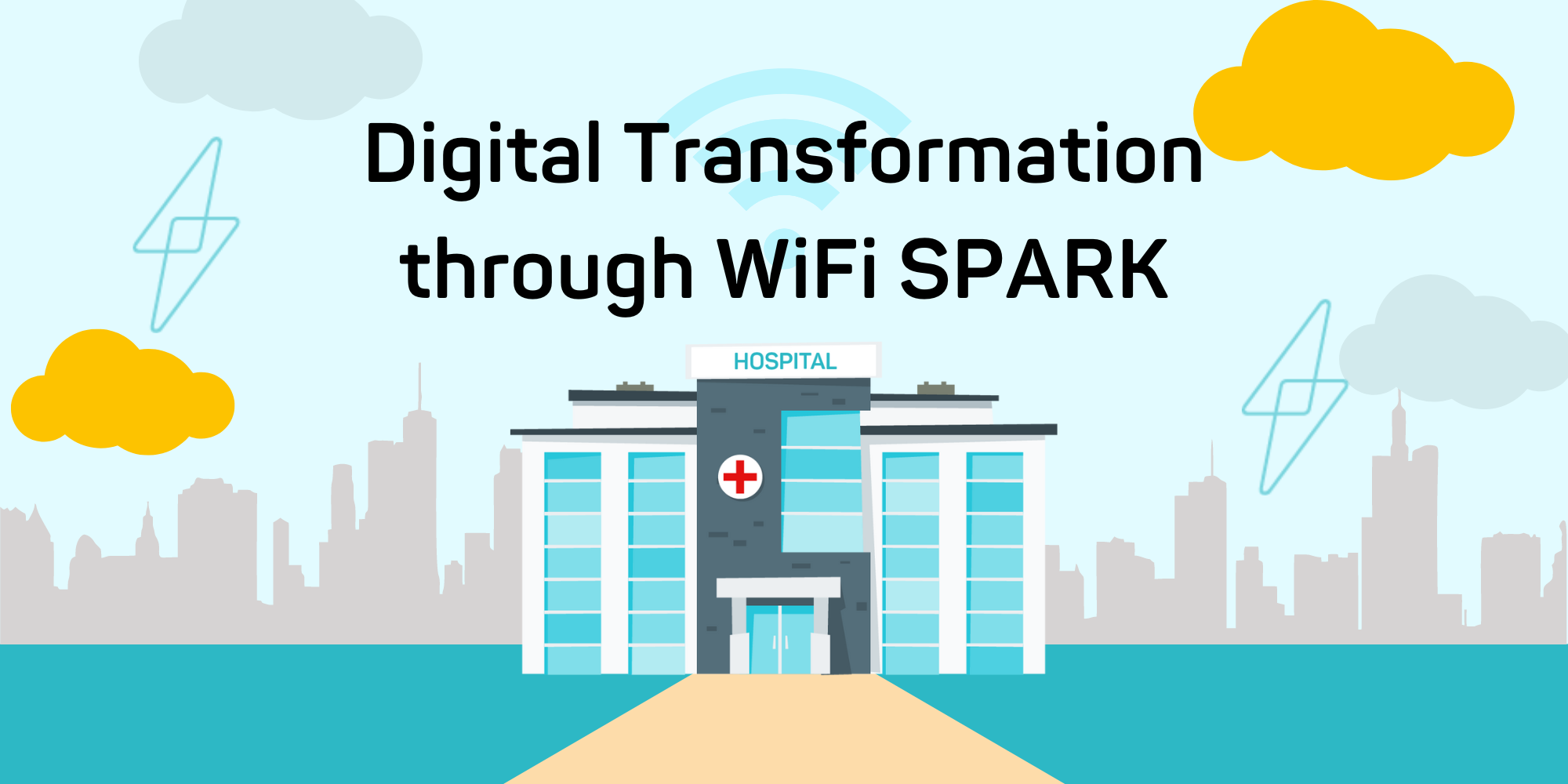The Importance of Digital Transformation in the NHS
3 minute read | 28/02/2023

The way the NHS delivers care was first established in 1948. They have been locked into this service model ever since. The NHS has set out a long-term plan to overcome the past and push towards the future. Chapter 5 of this plan is titled ‘Digitally-enabled care will go mainstream across the NHS’. We know that the NHS needs to be more digitally inclusive for several reasons: to save money, increase staff efficiencies and improve the patient experience. More importantly, it’s what the NHS is trying to push for and businesses need to do all they can to help.
Efficiency
Digital transformation can improve staff efficiencies in several ways. One way in which hospitals can leverage technology to do so is through online consultations and virtual wards. This will reduce the need for patients to travel to appointments. By automating repetitive administration tasks, healthcare professionals will be able to focus more attention on complicated tasks.
Another example is Electronic prescribing, which can save staff time by reducing the need for manual data entry — reducing errors, and increasing the prescribing speed. Digital records also allow for improved data sharing and collaboration between different departments, reducing the need for staff to repeat information and improving the speed of care. This can be linked to clinical messaging apps also.
Connectivity between clinicians and access to patient records is a valuable tool that can be utilised. It allows them to interact with patient records and care plans wherever they are. There are many innovative healthcare apps out there to provide the services mentioned. The problem is that there isn't one system in place where one Trust can access these healthcare apps and share data securely.
That’s where SPARK® Horizon comes in. These are enterprise-grade, high-tech bedside units that replace the existing legacy Hospedia units or as workstations on wheels. The software on these devices, SPARK® Media, is compatible with clinical and patient devices, allowing a broad range of connectivity. These units host a wide variety of applications for clinical use, patient engagement and education.
Patient experience
Digital technologies will improve the quality of care, as patients will have more convenient access to healthcare professionals and will be able to manage their conditions more effectively. Digital tools can enable patients to access their own medical records, book appointments, and communicate with their healthcare providers, as well as educate themselves about their condition. Online consultations and the ability to video call doctors are the gateway to a more seamless patient experience.
This can speed up the care process meaning that patients aren’t in hospital beds for as long and will help combat the bed blocker issue. They will also know to ask the right questions and be more involved in their medical journey.
Money saving
While initial investment into digital platforms can seem costly, the main benefit is that they produce staggering return on investments. A simple example is reducing the need for paper records, which can be costly to store and maintain. Digital records can be stored electronically, reducing the need for paper records and saving money on storage costs and administration time.
Read our ROI blogs linked below to find out just four examples of how apps can drive efficiency, save time and money.
- Meal ordering saves paper and reduces food waste. Trusts can save up to £262,900 annually through electronic meal ordering.
- E-Prescribing can also impact huge savings.
- Moving translation services to an online resource will save money on translators.
- Clinical messaging can also speed up the care process which means patients aren’t in bed for as long.
This can all be achieved through healthcare apps on a widely accessible software. Our solution for this is SPARK® Media. Our adaptable software that can work on Bedside Units and BYOD.
Discover the capabilities of SPARK® Media and how it can digitally transform your Trust for the better.
About the author
Rebecca O'Donovan
Becky is the Marketing Director at SPARK TSL, of whom she has worked for since 2012. She is responsible for high-level marketing strategy focusing on lead generation and aiding the vision of the business to ensure business growth.
More articles by the author
Related articles
 Healthcare Industry
Healthcare Industry
4 Ways to Help the NHS Through Healthcare Apps
Our free healthcare service has always been a source of pride for the UK. This was made even more apparent ...
 Healthcare Industry
Healthcare Industry
Why Digital Tech Will Be Crucial to a Recovery in Healthcare
Digital technology uptake in healthcare has been long overdue. Now, digital communications and technologies ...
 Healthcare Industry
Healthcare Industry
Accelerating Digital Transformation in Healthcare Through Innovation
The future of digital healthcare is here, and the time for transformation is now.


